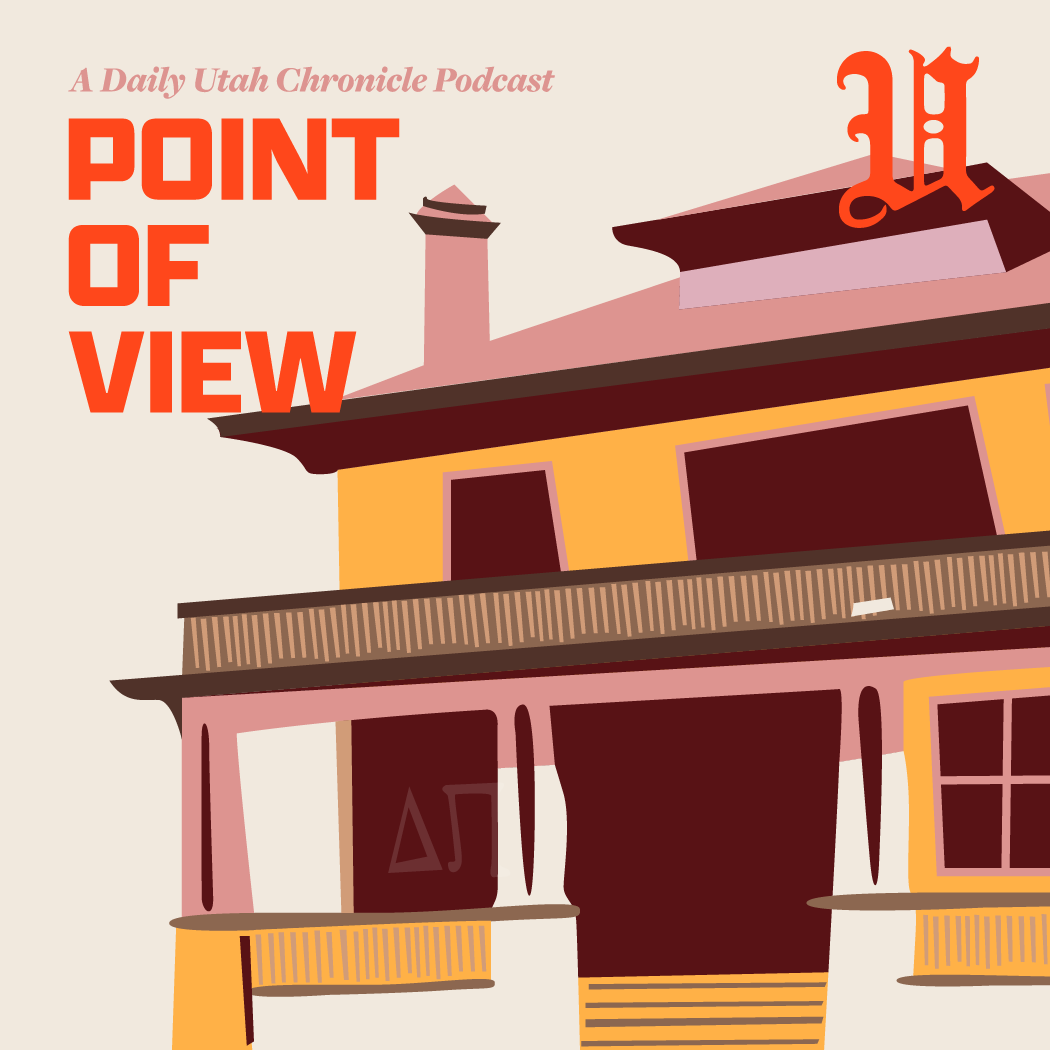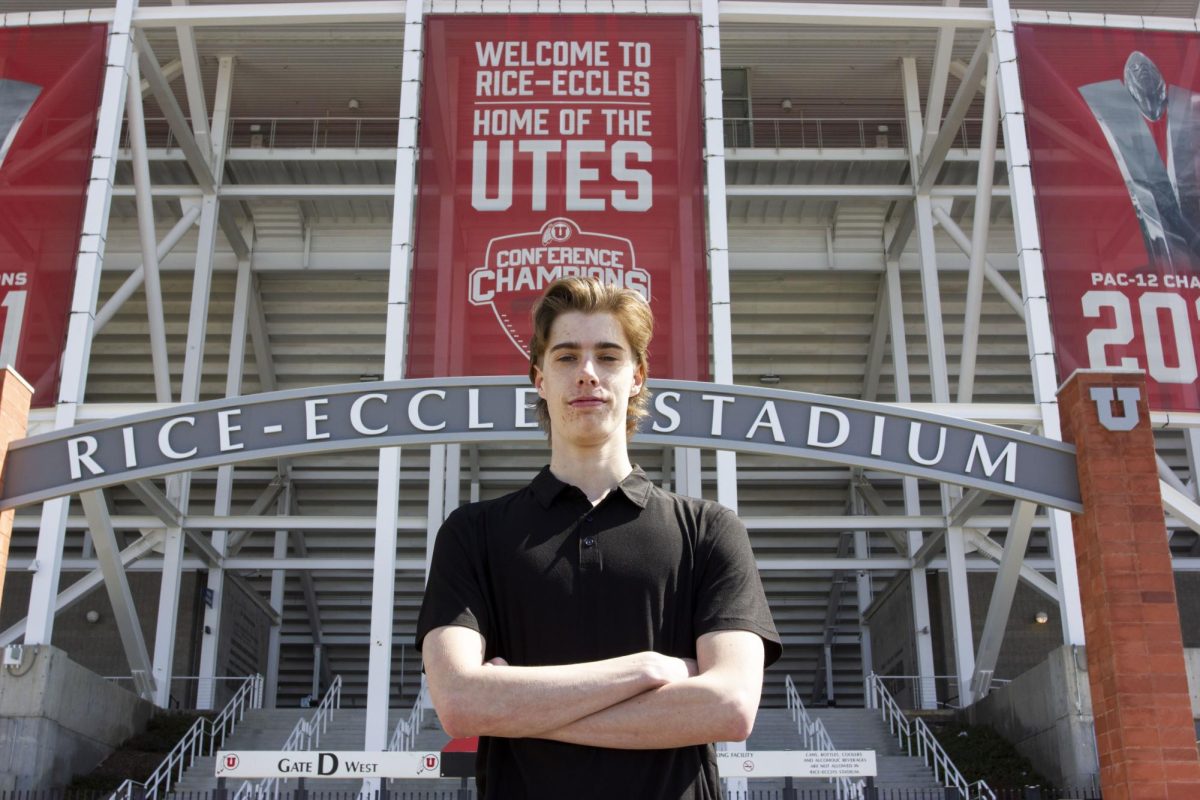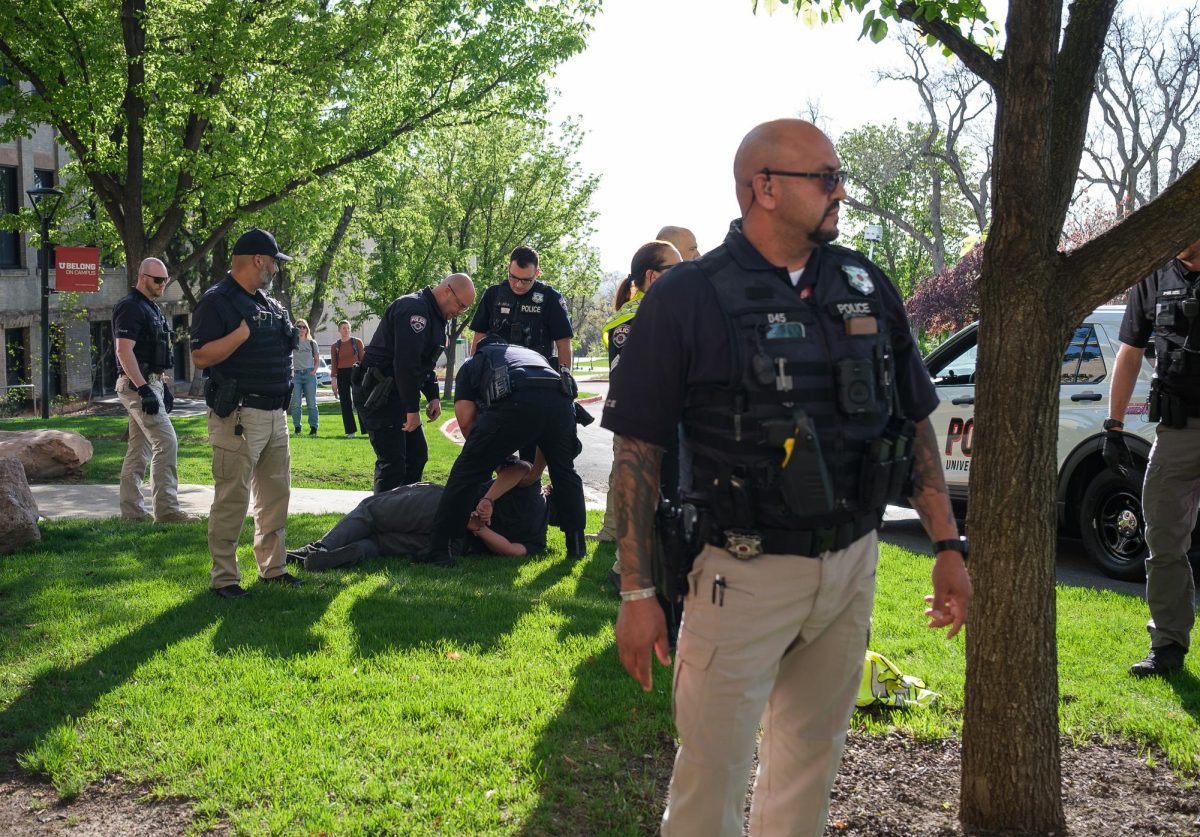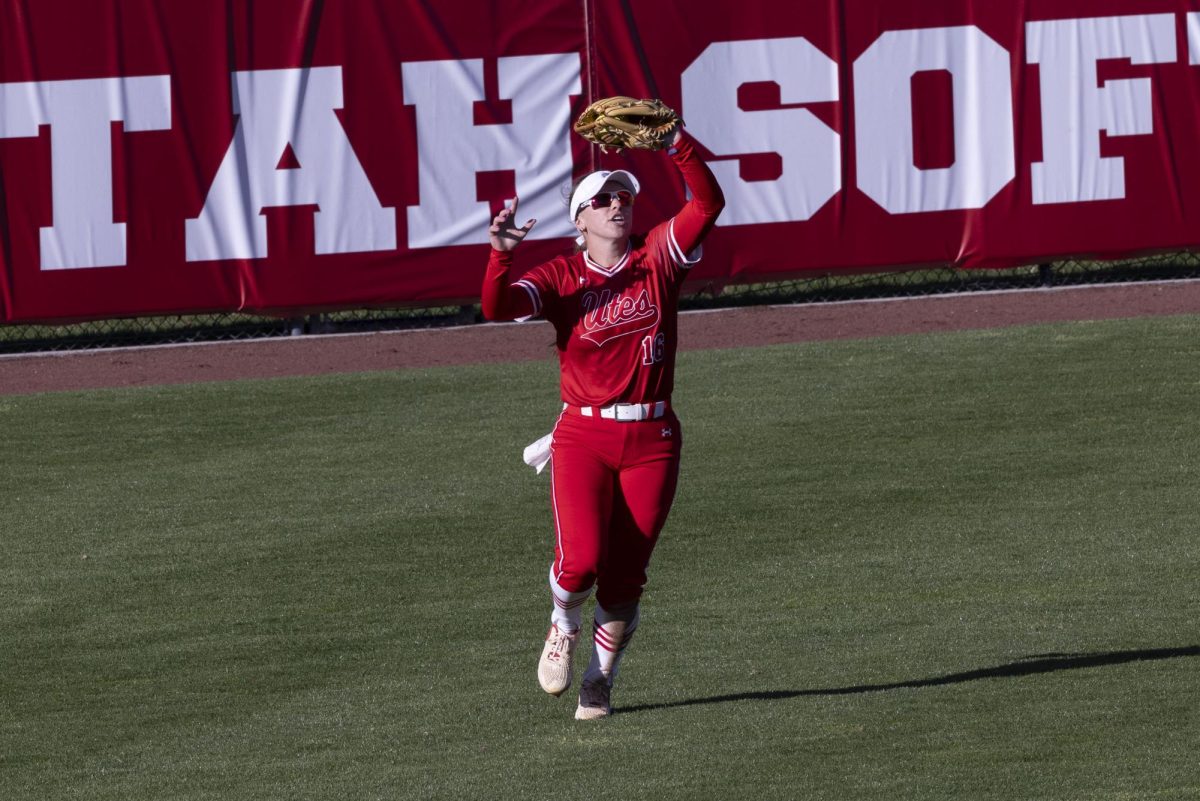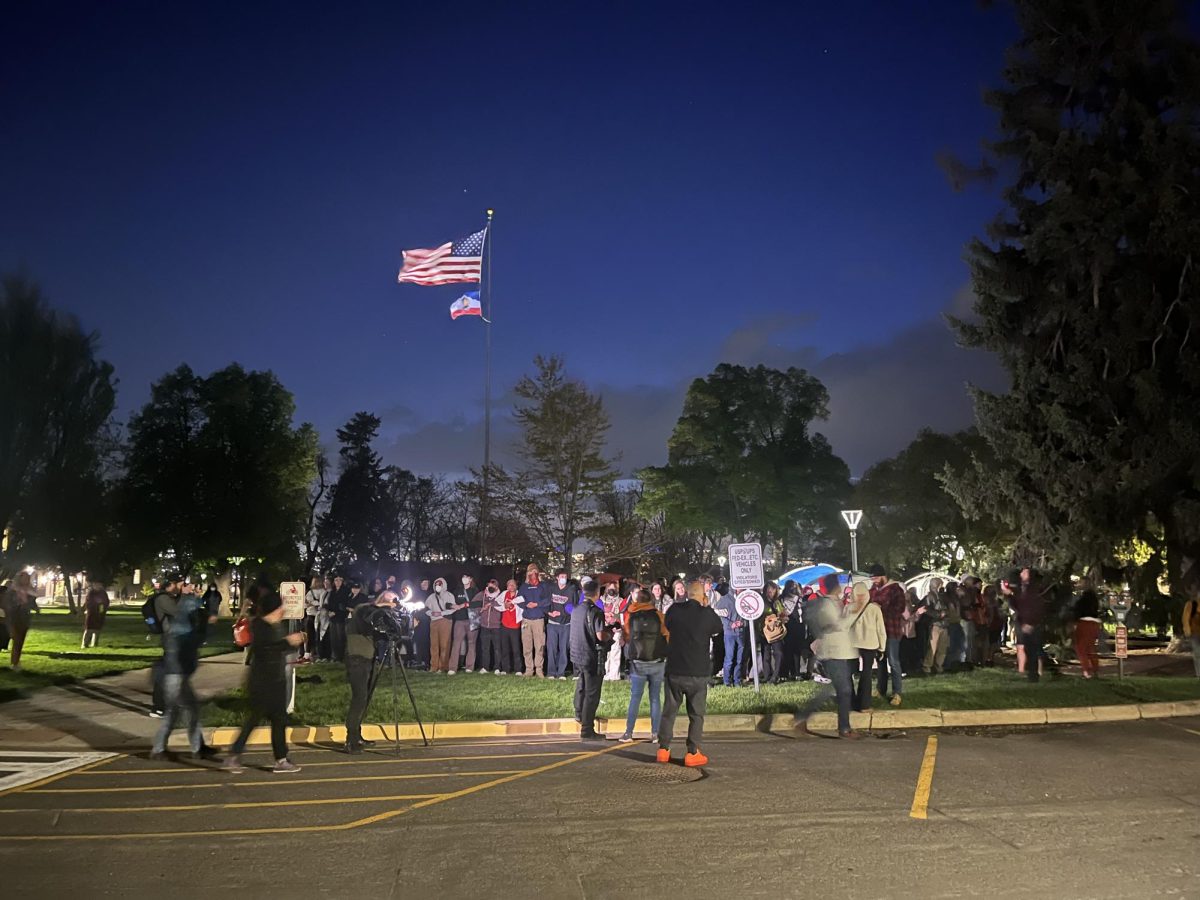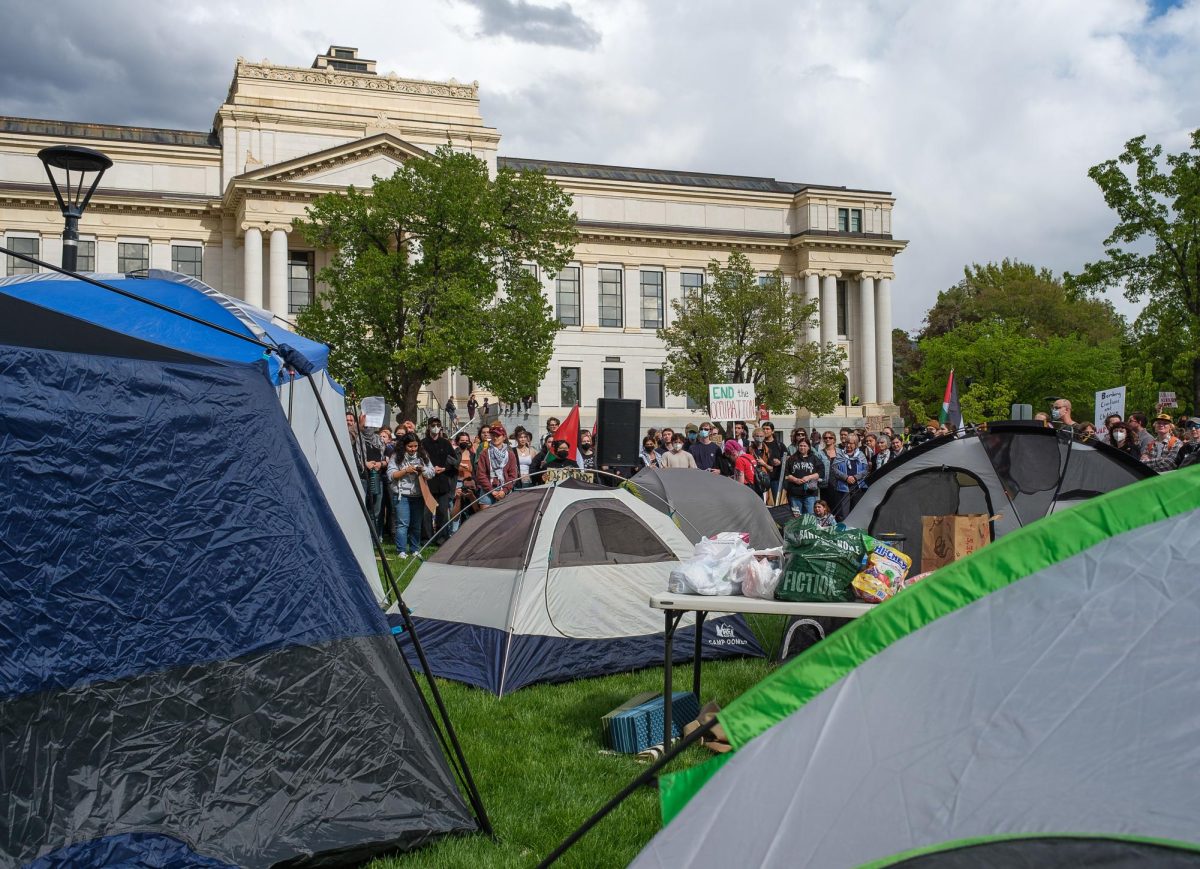Rows of human skulls and heaps of bones filled the Ntarama Genocide Memorial in Uganda, surrounded by the remnants of clothes, I.D. cards and homework assignments that commemorated the people slaughtered at the site.
For U student Sheldon Wardwell, a junior in political science, the image he saw in his trip to Uganda and Rwanda in 2007 has resonated in his mind.
“When you’re going to school, working and living life, it’s easy to put this off like it’s nothing,” Wardwell said. “But when you’ve seen firsthand how they’re every bit a person as you are…it’s hard to let it go.”
Wardwell will return to Africa in December to interview Darfurian refugees in eastern Chad8212;a research expedition to document the impacts of the Sudanese genocide.
Wardwell will travel with Samuel Totten, a genocide scholar at the University of Arkansas, Fayetteville, to create an oral history of the conflict in Darfur for a book Totten is writing.
“The firsthand accounts of individuals will hopefully contribute in some way to people being active,” Wardwell said.
In 2004, Totten was part of the 24-person State Department team formed under the direction of then-Secretary of State Colin Powell to investigate the situation in Darfur and declare it genocide.
Wardwell teamed up with Totten three years ago at a conference at the University of Colorado, Boulder. Totten later invited him to Rwanda and Uganda to do research and offer services to the villages.
Totten said he let Wardwell accompany him to Africa because he knew he wasn’t going as a tourist.
“Most of the time I discourage people to go, because it is very, very sad and very, very uncomfortable,” Totten said. “But (Wardwell) really seems to have his heart in the right place.”
Totten said students have carried out efforts to raise awareness of the genocide in Sudan, with groups like “Students Taking Action Now: Darfur STAND.”
“Young people have been leaders in keeping the focus on Darfur, and Sheldon will continue in those efforts,” Totten said.
When Wardwell first went to Uganda, he only took a backpack and a few guidebooks, with no plans for his trip. This time, he will be more directed in his travels.
Wardwell and Totten will leave for Chad on Dec. 27. They will spend a few days in the capital city, where two translators will meet them, and then move onto the eastern border of Darfur to conduct the three- to five-hour interviews in the refugee camps.
Wardwell already has the shots needed from his last trip to Africa, but must raise $9,500 for the three-month experience. The Hinckley Institute of Politics will pay for a portion of Wardwell’s expenses, and will sponsor him as an international intern.
“This really is a groundbreaking kind of internship, and to his credit, he’s put all the pieces together,” said Courtney McBeth, intern manager at the Hinckley Institute.
The institute is sponsoring 25 international interns for the spring term, and with Wardwell’s internship in Africa, it will have interns on every major continent, McBeth said.
Although Darfur is one of Wardwell’s biggest passions, the trip does cause some anxiety for family members.
“My mom’s going to go on Xanex again,” Wardwell joked. “She always trips out when I go on these trips.”
Still, Wardwell said it is worth the risk.
“You just can’t believe the world would stand by and see those things go on,” he said. “You hear so much talk about “never again,’ but it’s happening in Darfur right now.”
 Samuel Totten
Samuel TottenRemnants of slaughtered people are shown as a reminder to what happened during Rwanda?s civil war.



